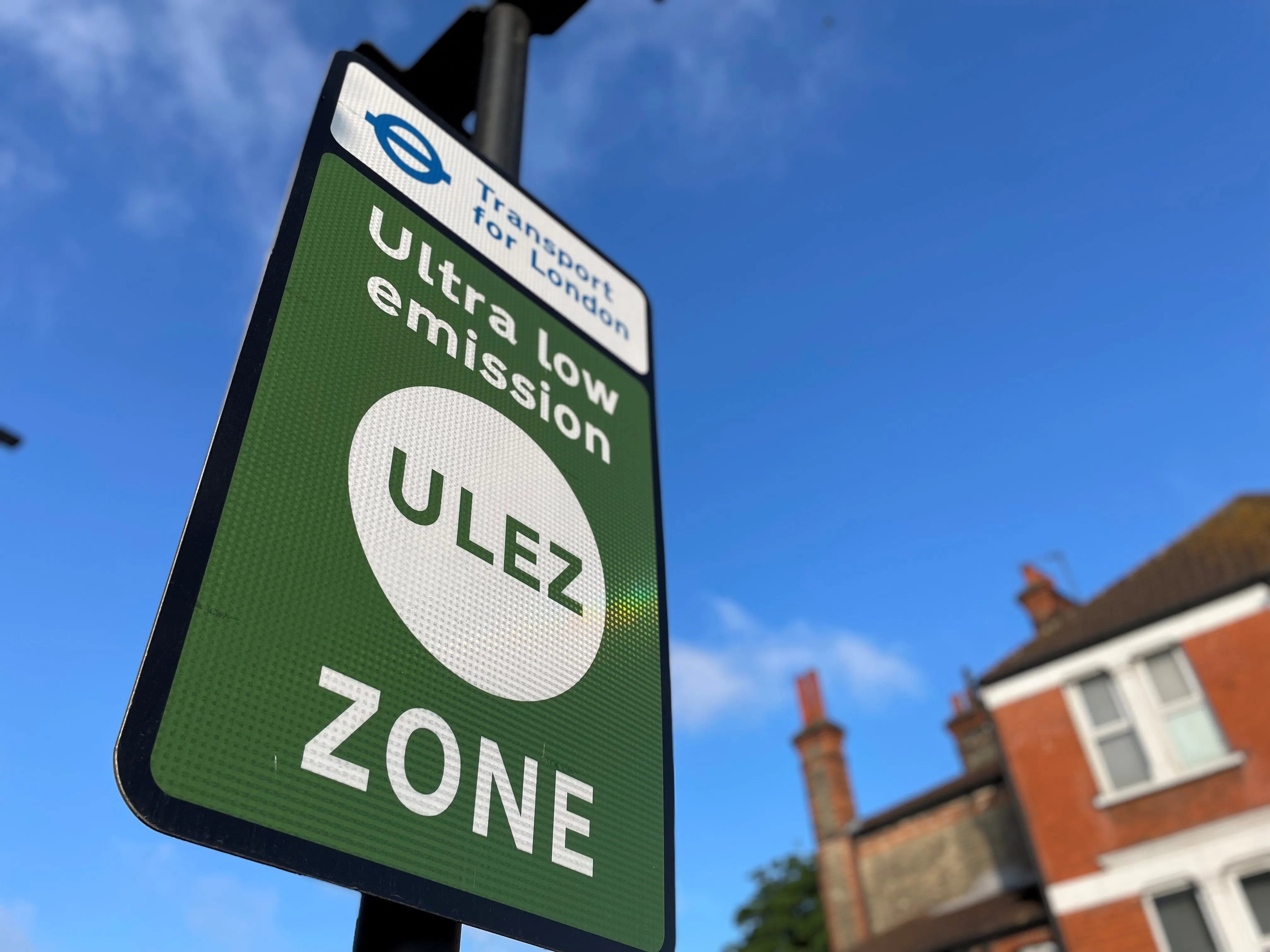Transport for London (TfL) has been recognised with the Prince Michael of Kent Road Safety Awards for its work to improve the safety of cyclists, pedestrians and motorcyclists in London.
Analysis of police collision and travel demand data led TfL to put in place a range of initiatives which contributed to a three per cent drop in the number of people killed and seriously injured on London’s streets (2,092) in 2015, its lowest ever level.
Projects included the launch of the Safer Lorry Scheme, the in
December 19, 2016
Read time: 2 mins
Analysis of police collision and travel demand data led TfL to put in place a range of initiatives which contributed to a three per cent drop in the number of people killed and seriously injured on London’s streets (2,092) in 2015, its lowest ever level.
Projects included the launch of the Safer Lorry Scheme, the installation of special sensors at pedestrian crossings which adjust crossing times when large groups of people are detected as well as the trialling of 20mph limits and average speed cameras on key routes.
TfL is now looking to go further and is working to deliver London Mayor Sadiq Khan’s plans to remove the most dangerous Heavy Goods Vehicles from the Capital’s roads by 2020 through the Direct Vision Standard. This is the first scheme of its kind in the world, directly addressing the issue of lethal driver blind-spots.
Other measures include expanding the use of 20mph limits, introducing motorcycle and pedal cycle skills courses as well as developing a bus safety standard which includes the latest safety technologies to help avoid and reduce the impact of collisions involving buses.








